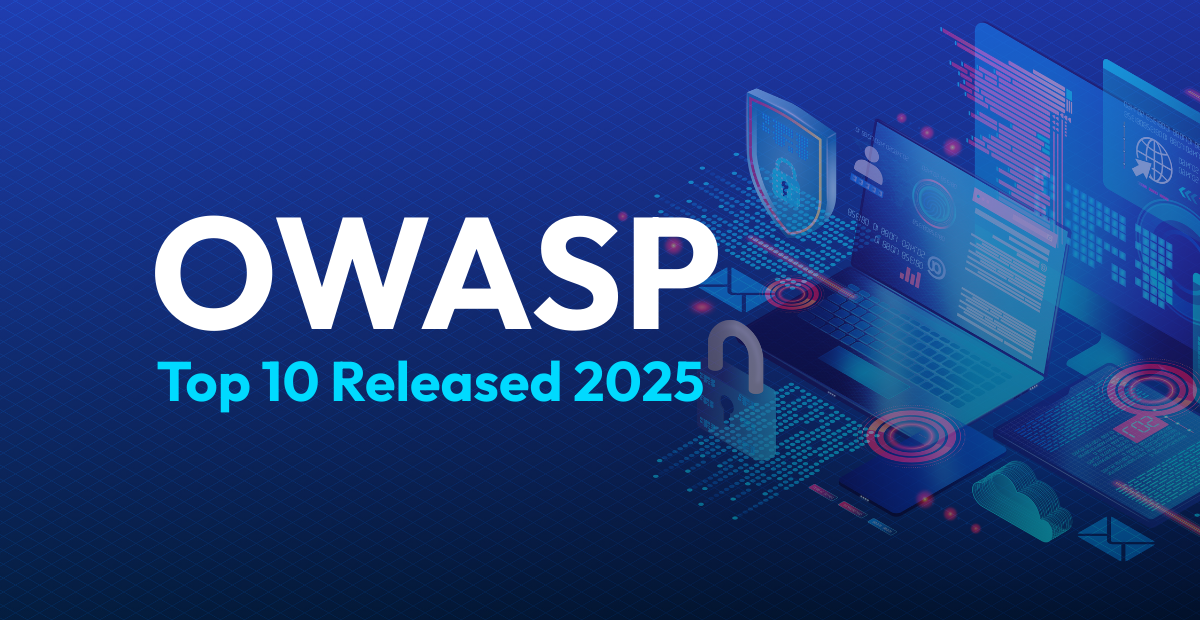Insights & Resources
Discover expert insights, real-world results, and ready-to-use resources that make it easier to protect people, safeguard data and stay compliant.
Embedding Security into Culture: Why Human Behaviour Now Defines Cyber Risk 
Cyber Security Awareness
Embedding Security into Culture: Why Human Behaviour Now Defines Cyber Risk
Read more
MetaCompliance expands European footprint with acquisition of Nordic security awareness leader Junglemap 
Company News
MetaCompliance expands European footprint with acquisition of Nordic security awareness leader Junglemap
Read more
Holiday Risk Report: Why Cybercrime Spikes in December and What Business Leaders Must Do 
Cyber Security Awareness
Holiday Risk Report: Why Cybercrime Spikes in December and What Business Leaders Must Do
Read more
Your Next Step in Cyber Security Awareness
Resources are just the beginning. Partner with MetaCompliance to deliver personalised training that drives compliance, changes behaviour, and reduces risk.












